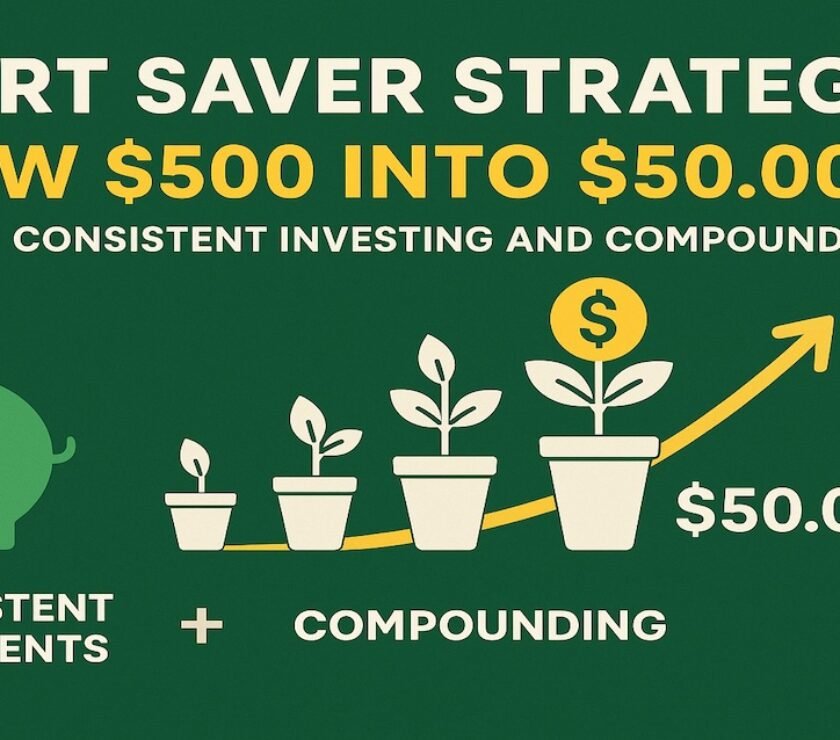In today’s financial landscape, individuals have various options for storing and growing their money. Two popular choices are money market accounts and savings accounts. While both serve the purpose of safeguarding your funds and earning interest, they have distinct features that set them apart. This article will delve into the differences between these two account types and explore why money market accounts might be a better choice for savings and investing.
Understanding Savings Accounts
Banks and credit unions offer a basic financial product called a savings account. It’s designed to hold your money while providing a modest interest rate. Here are some key features of savings accounts:
- Low minimal balance requirements
- FDIC or NCUA insured (up to $250,000)
- Easy access to funds
- Limited transactions per month (typically 6)
- Lower interest rates compared to other savings options
Savings accounts are ideal for emergency funds, short-term savings goals, and individuals just starting their financial journey.
What is a Money Market Account?
A money market account (MMA) is a type of savings account that typically offers higher interest rates than traditional savings accounts. It combines features of both checking and savings accounts. Here are the main characteristics of MMAs:
- Higher basic balance requirements
- FDIC or NCUA insured (up to $250,000)
- Check-writing privileges and debit card access
- Limited transactions per month (typically 6)
- Higher interest rates than traditional savings accounts
Money market accounts are suitable for individuals with larger balances who want to earn more interest while maintaining some liquidity.
Why Money Market Accounts May Be a Better Choice
1. Higher Interest Rates
The most significant advantage of money market accounts over traditional savings accounts is the potential for higher interest rates. While rates can vary depending on the financial institution and market conditions, MMAs generally offer better returns on your money.
2. Check-Writing Privileges
Unlike most savings accounts, money market accounts often come with check-writing capabilities. This feature provides added flexibility, allowing you to use your funds more easily without transferring money to a checking account first.
3. Tiered Interest Rates
Many money market accounts offer tiered interest rates, meaning you can earn higher rates as your balance grows. This structure incentivizes saving and can lead to better long-term growth of your funds.
4. Better for Larger Balances
If you have a significant amount of money to save, a money market account can be more rewarding. The higher interest rates become more impactful with larger balances, potentially earning you significantly more over time.
5. Inflation Protection
While no savings vehicle completely protects against inflation, the higher interest rates of money market accounts can help your money keep its purchasing power better than traditional savings accounts.
6. Diversification Choice
For investors, a money market account can serve as a cash part in a diversified portfolio. It offers better returns than a savings account while still providing the safety and liquidity needed for this segment of your investments.
Considerations When Choosing Between the Two
While money market accounts offer several advantages, they may not be the best choice for everyone. Consider the next factors:
- Minimum balance requirements: MMAs typically require higher minimum balances to avoid fees or earn the advertised interest rate.
- Accessibility needs: If you need frequent access to your funds, a savings account might be more suitable due to its lower balance requirements and easier access.
- Interest rate environment: In low-interest-rate environments, the difference between MMA and savings account rates may be minimal.
- Financial goals: Your specific savings objectives and timeline should guide your choice between these account types.
Conclusion
Money market accounts can indeed be a better choice for many savers and investors, particularly those with larger balances and a wish for higher returns. However, the best account type for you depends on your individual financial situation, goals, and needs. Consider consulting with a financial advisor to decide the most suitable choice for your circumstances.
FAQs
Q: Can I use a money market account as my primary checking account? A: While possible due to check-writing features, it’s not recommended due to transaction limits and potential fees for excessive withdrawals.
Q: Are money market accounts FDIC insured? A: Yes, money market accounts offered by banks are typically FDIC insured up to $250,000 per depositor, per institution.
Q: Can I lose money in a money market account? A: While extremely rare, it is technically possible for a money market account to “break the buck” and lose value. However, this is highly unlikely, especially with FDIC insurance.
Q: How many withdrawals can I make from a money market account? A: Federal regulations typically limit certain types of withdrawals and transfers from money market accounts to six per month.
Q: What’s the difference between a money market account and a money market fund? A: A money market account is a type of bank account, while a money market fund is a type of mutual fund investment. Money market accounts are FDIC insured, while money market funds are not.
Resources for Further Reading
- Federal Deposit Insurance Corporation (FDIC): www.fdic.gov
- National Credit Union Administration (NCUA): www.ncua.gov
- Consumer Financial Protection Bureau: www.consumerfinance.gov
- Bankrate – Compare Bank Rates: www.bankrate.com
- Investopedia – Personal Finance Education: www.investopedia.com
- Paying Off Credit Cards: Proven Strategies for Lasting Freedom
- Cash-Out Refinance Mortgage: Benefits, Risks & Best Offers
Remember to always research current rates and terms offered by various financial institutions before making a decision, as these can change over time.




